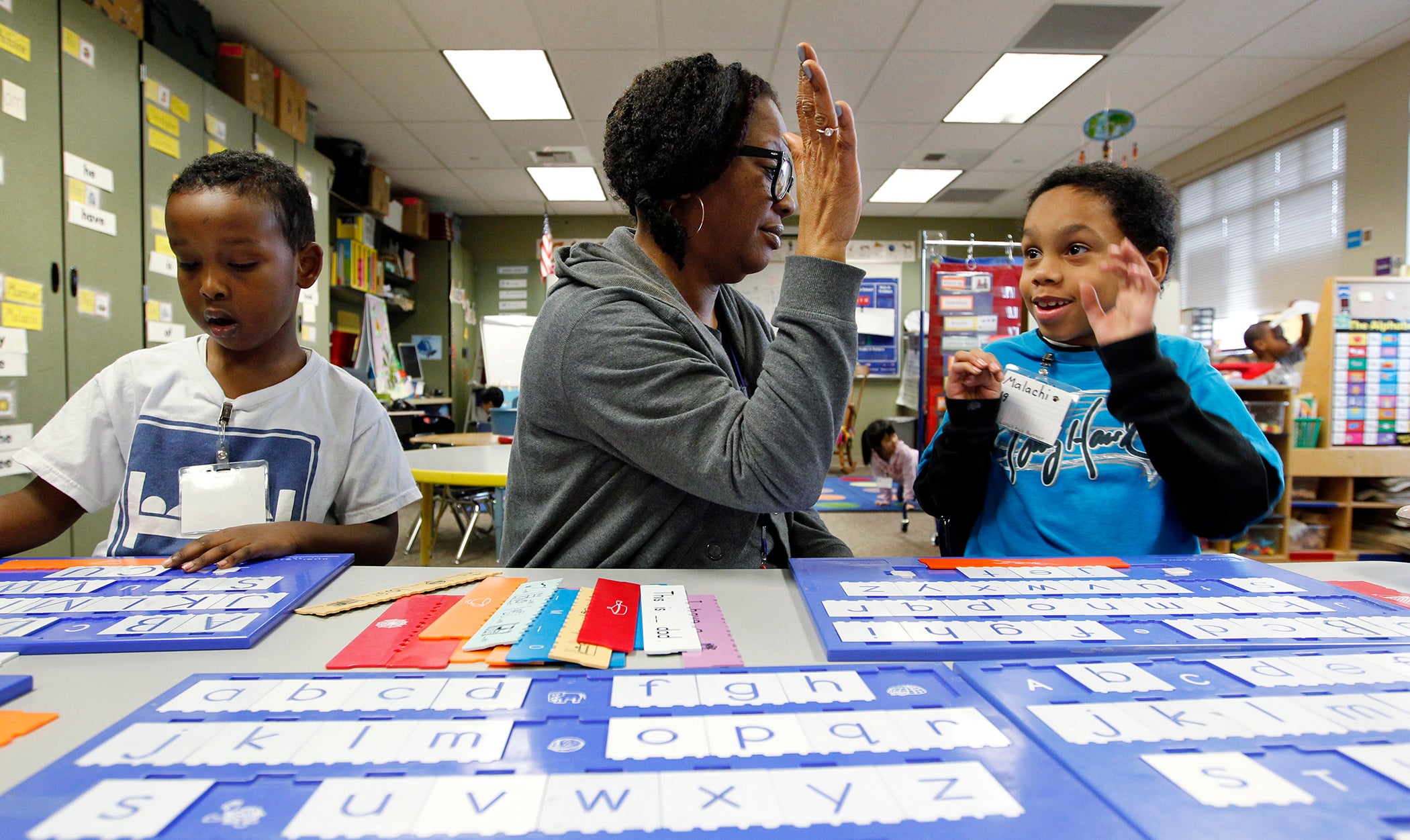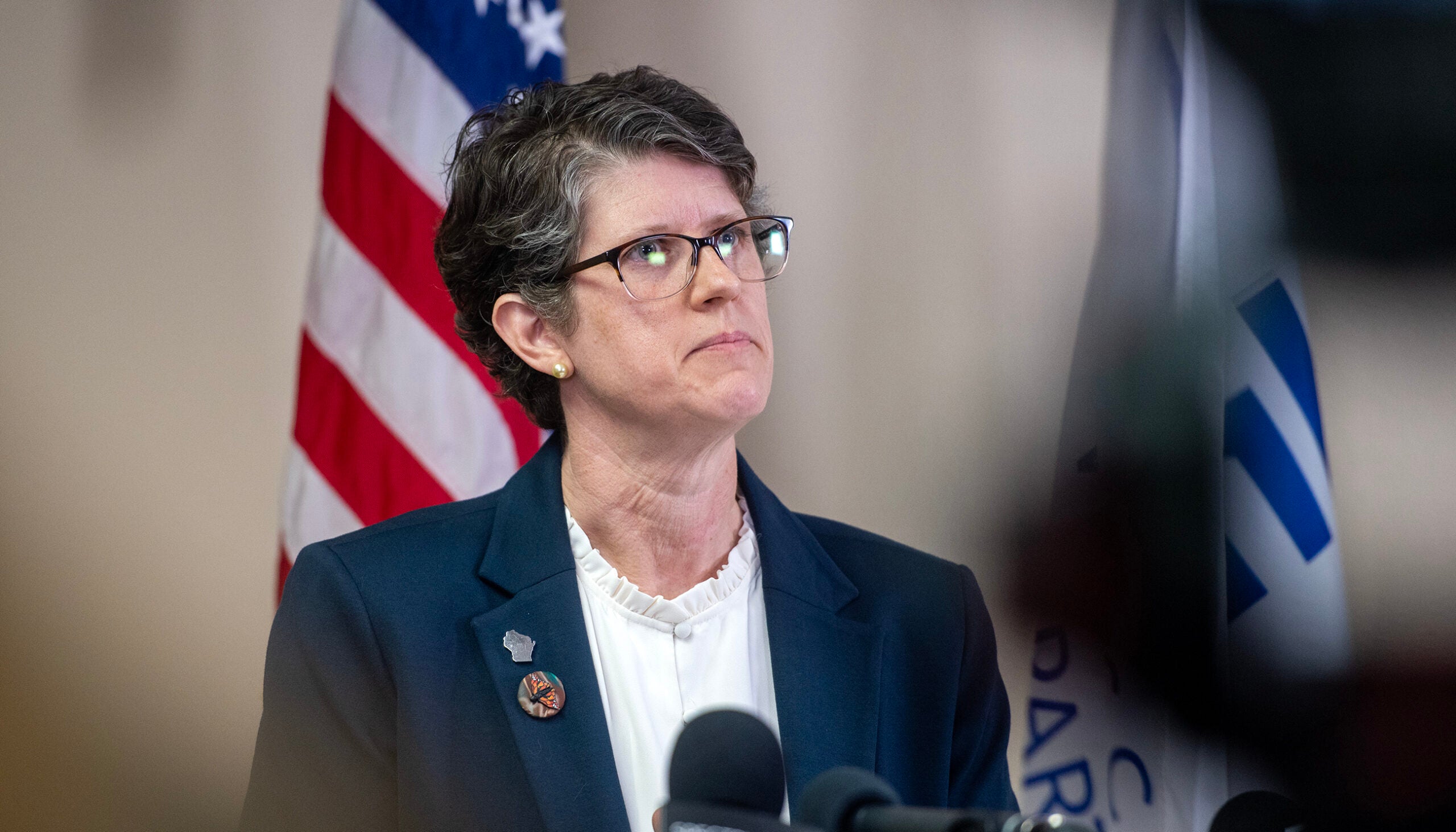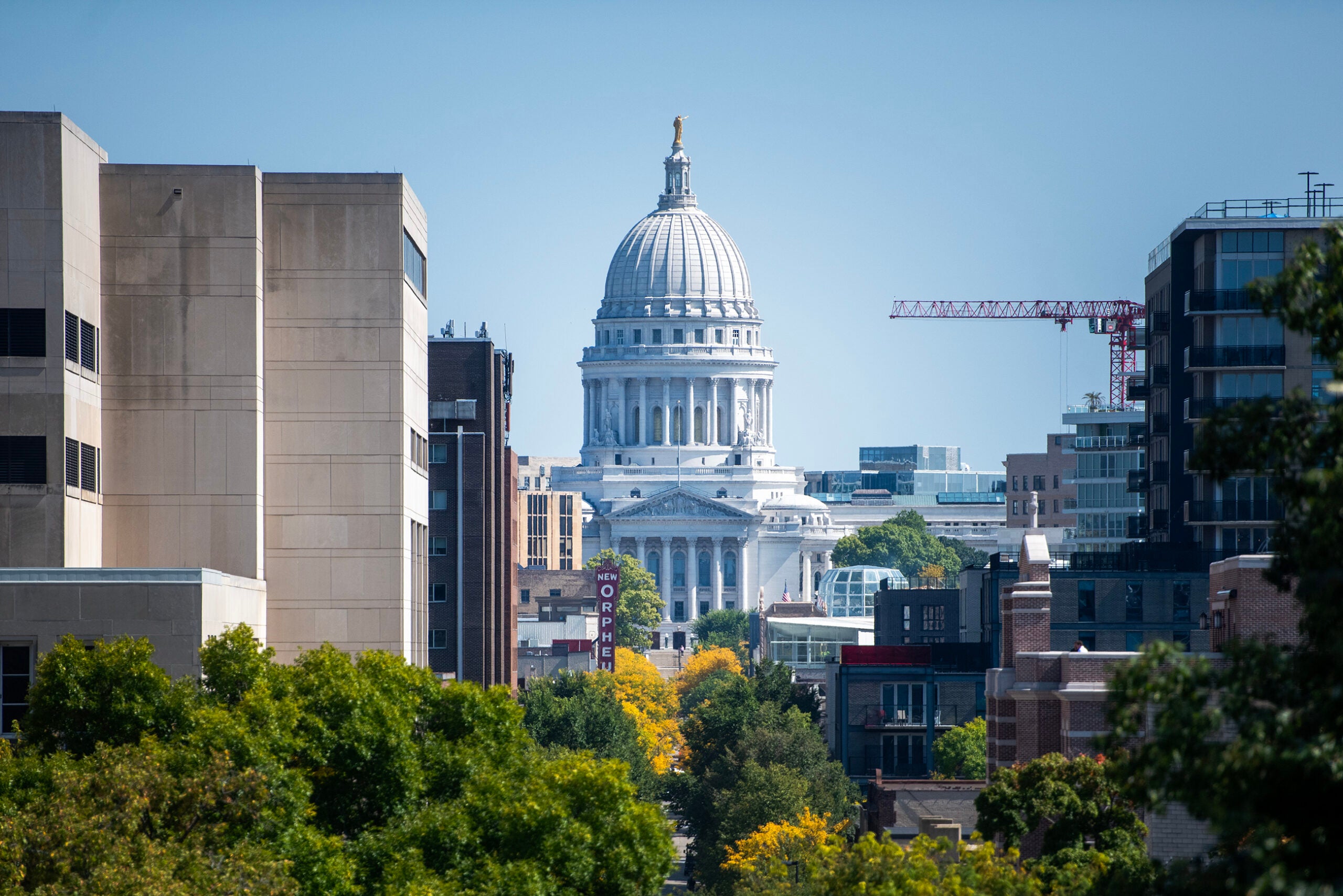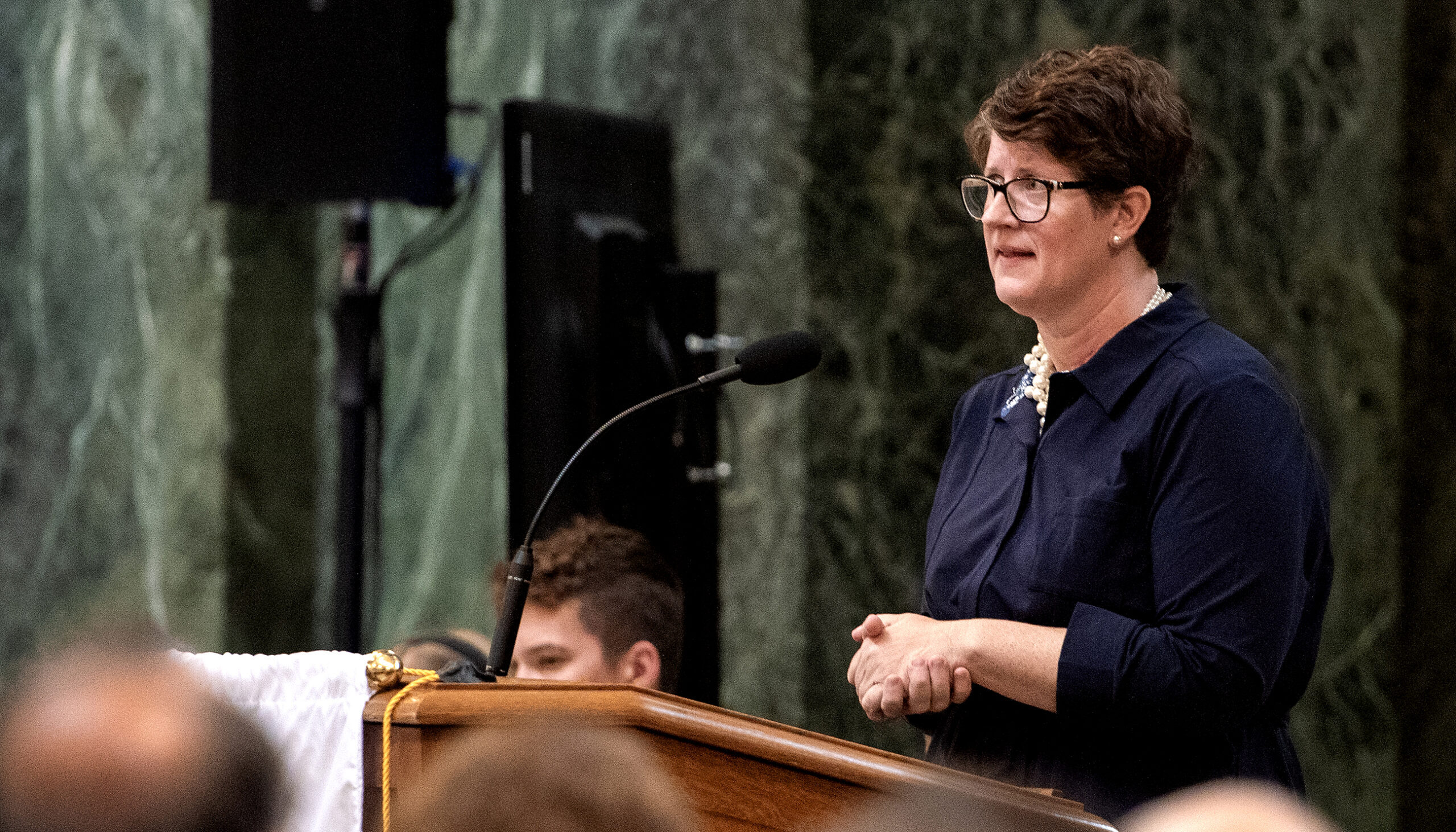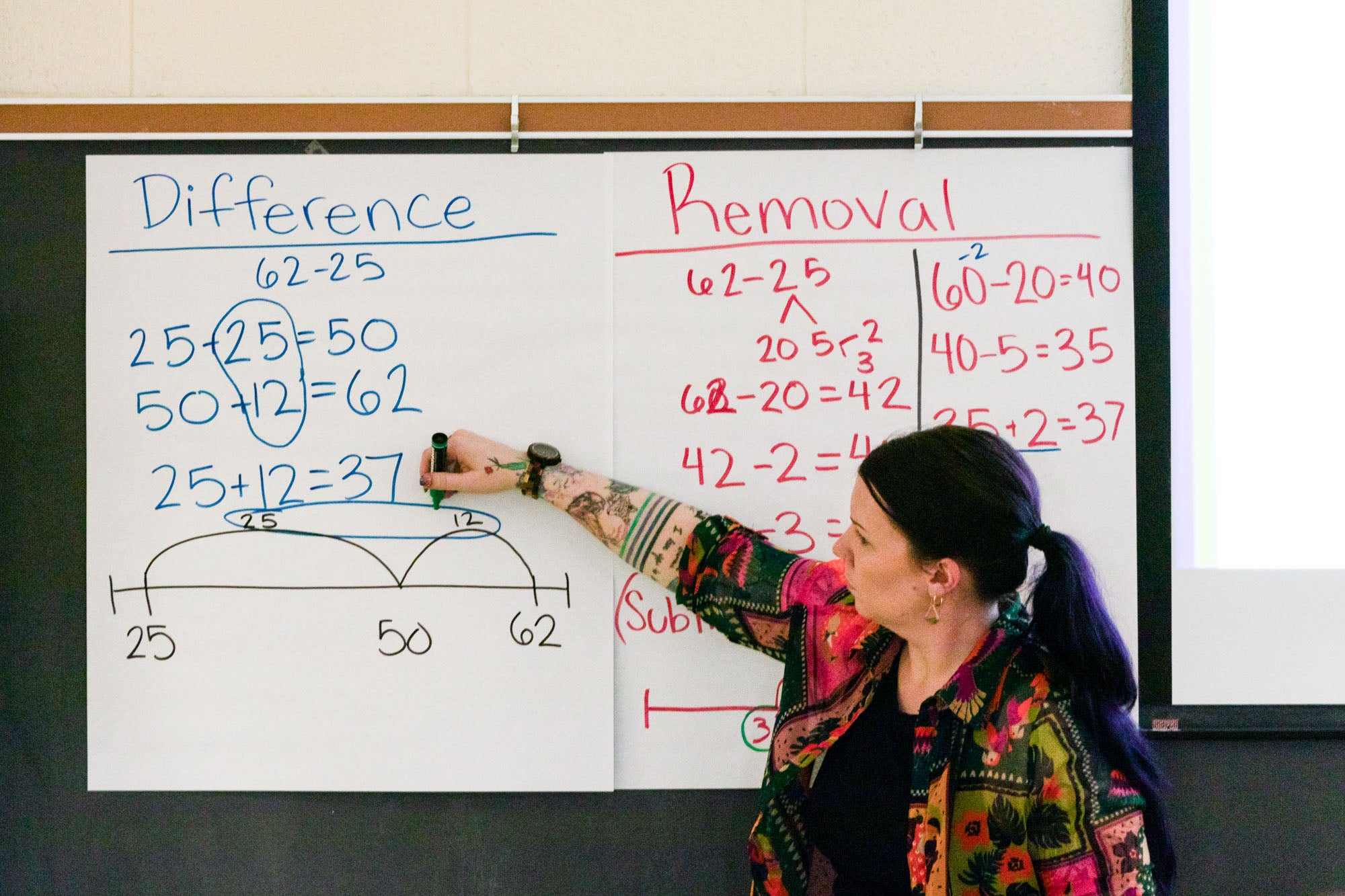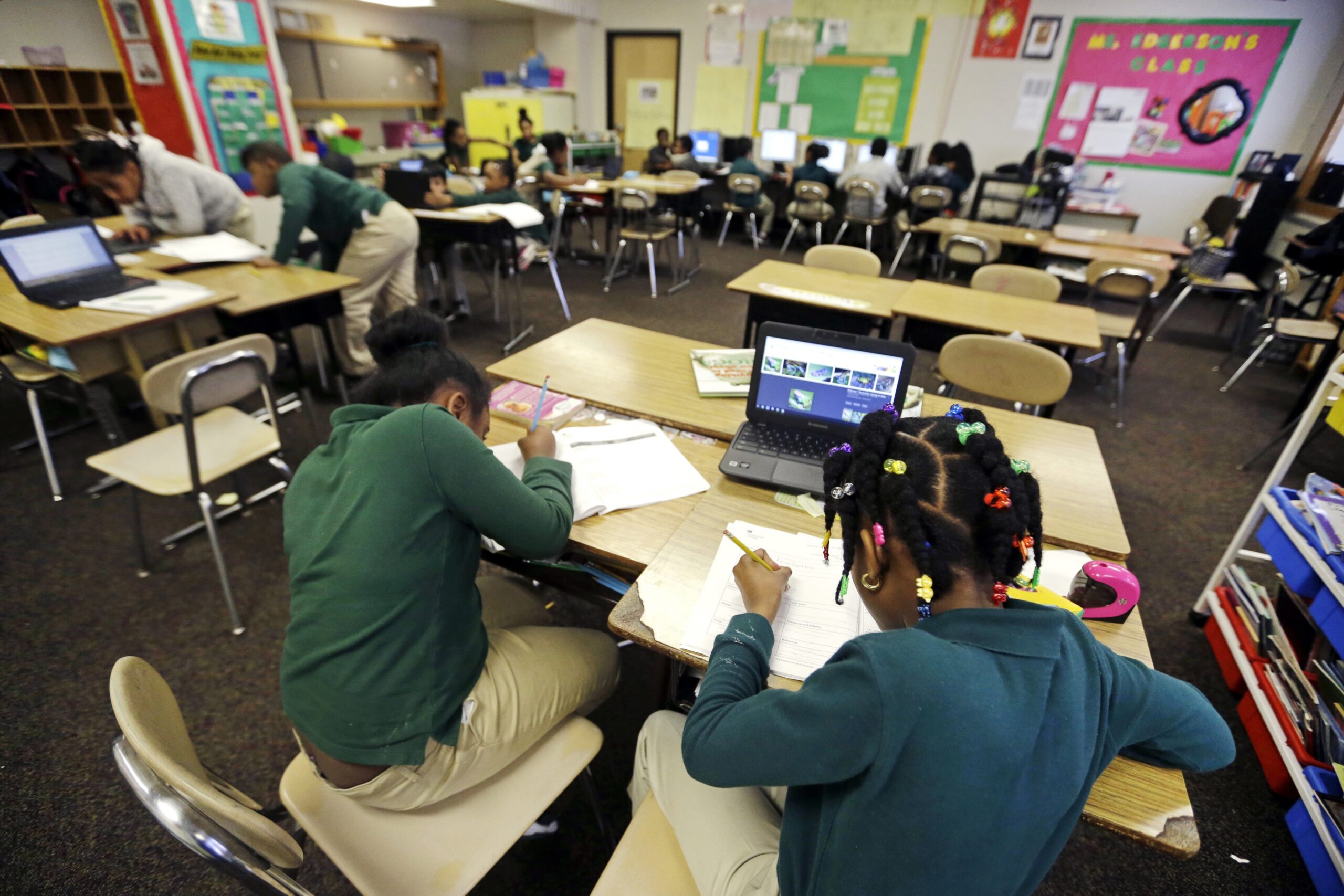Five years ago, Andrew Martin and his wife started to think about expanding their family. But the young couple knew it would be difficult with both of them teaching in Milwaukee Public Schools.
Their unpredictable schedules and pay made them pause. At the time, Martin was a high school social studies teacher. His wife is an elementary school teacher in the district.
After spending 10 years in public education, Martin left. He now works as an educational consultant for the Department of Veterans Affairs.
News with a little more humanity
WPR’s “Wisconsin Today” newsletter keeps you connected to the state you love without feeling overwhelmed. No paywall. No agenda. No corporate filter.
“We now have two kids,” Martin said. “One of us having a paycheck over the summer absolutely matters. Not having to worry about leaving the house before 7 a.m. and not knowing when we’ll get home at night, that’s very real.”
Martin’s time in public education was long compared to many Wisconsin teachers.
A new report released Thursday by the Department of Public Instruction found about four out of every 10 first-year teachers either leave Wisconsin or the profession after just six years.
The report, which analyzed data from the 2021-22 school year, also found total compensation of teachers has decreased nearly 20 percent over the past 12 years, when compared to 2022 dollars.
“This report shows what we’ve known for some time now: Our education workforce is in crisis,” state Superintendent Jill Underly said in a statement. “Wisconsin’s kids are suffering from losing quality teachers.”
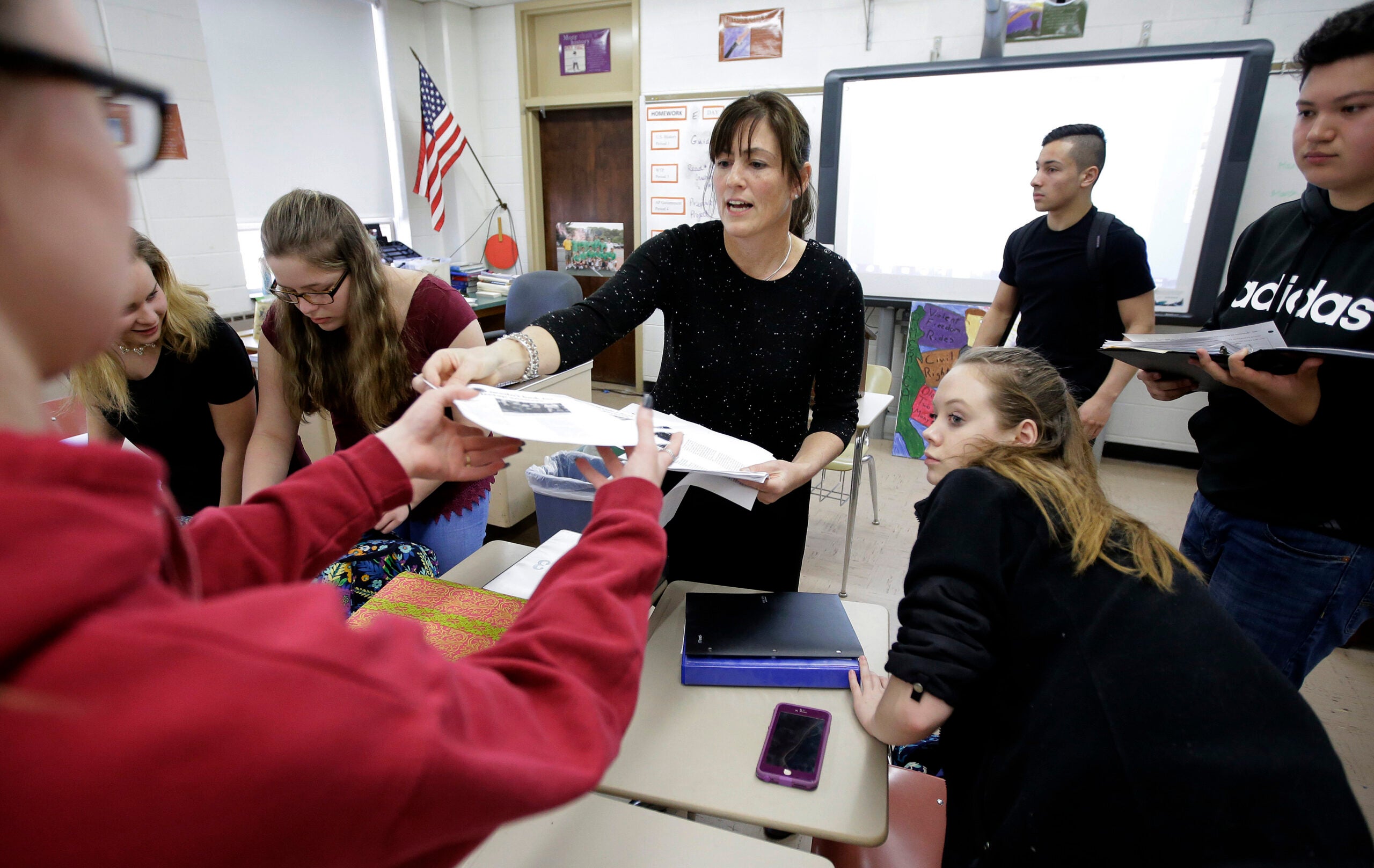
‘It is mentally exhausting’
To determine why so many teachers are leaving the profession, DPI surveyed school districts in fall 2023.
Thirty-seven percent of the state’s 165 districts responded. Of those, personal reasons, compensation, work-life balance, leaving for another profession and workload were the top reasons educators said they left their district after the 2022-23 school year.
Martin graduated from the University of Wisconsin-Oshkosh in 2010. Because the country was still bouncing back from the Great Recession, he said, he took a job with AmeriCorps and then became a long-term substitute teacher in the Fond du Lac school district.
Martin started teaching in Milwaukee Public Schools in 2012. He spent the majority of his career at James Madison Academic Campus on Milwaukee’s northside.
Martin said despite being at a challenging urban school, he enjoyed building relationships with the students. He loved seeing the light bulb turn on when they understood a concept.
But after a while, the pressure became too much.
“You’re trying to do all of these innovative things to get national test scores up and improve attendance rates, but you keep hitting brick walls,” Martin said. “I don’t think people realize that when you’re teaching, it’s not just physically exhausting, it is mentally exhausting.”
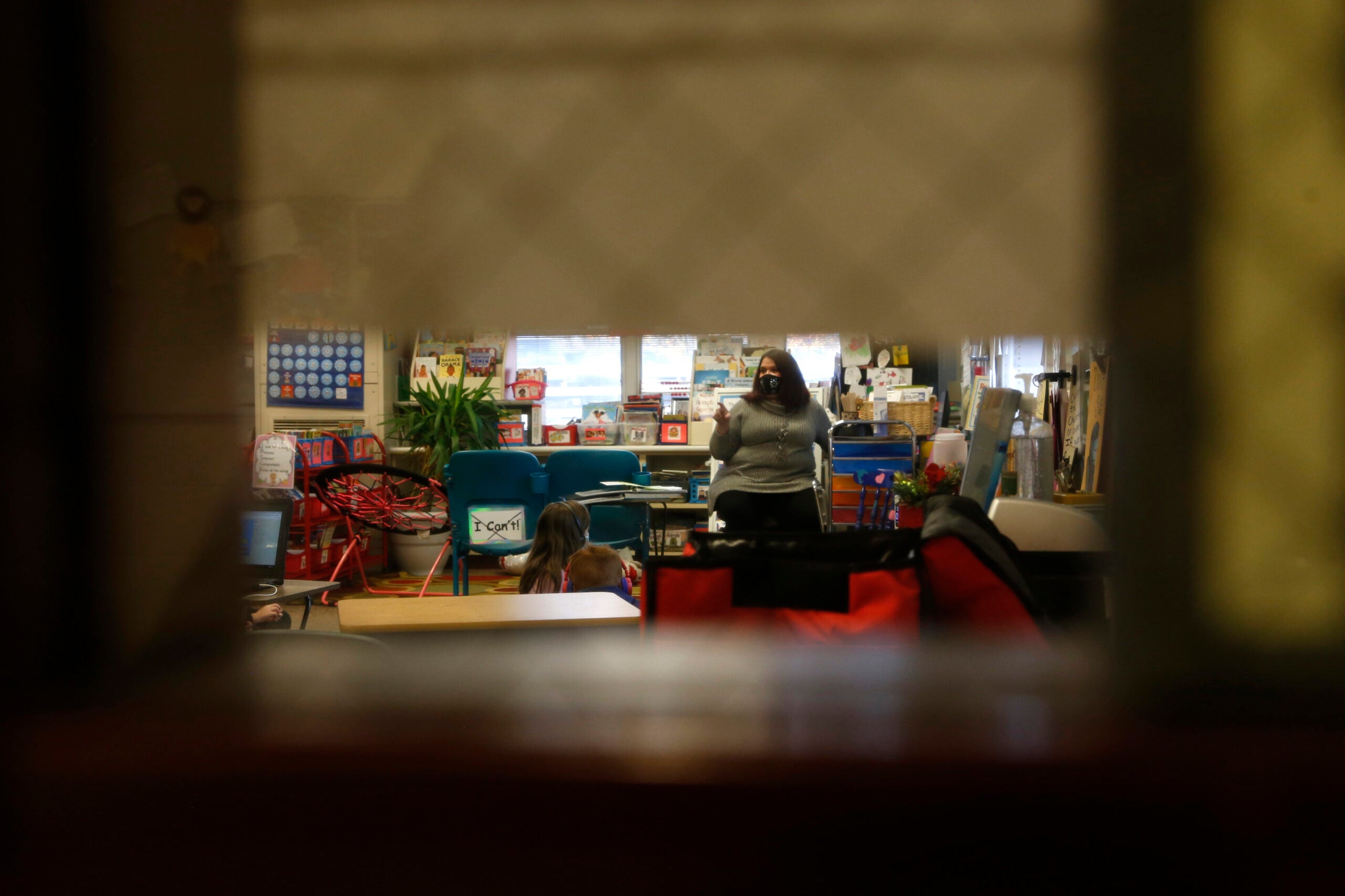
Report: Teacher retention is state’s biggest hurdle
DPI’s sobering 98-page 2022 Educator Preparation Program and Workforce Analysis Report finds the “biggest challenge facing Wisconsin is retaining teachers.”
While the state is preparing and licensing more teachers than are retiring, the profession is still not stable.
In 2021-22, Wisconsin had 5,061 students complete an educator preparation program, but only 4,002 became licensed.
Early career teachers often leave the profession not long after starting. Only 60 percent of first-year teachers are still employed in the state after six years, according to DPI.
Other findings include:
- Wisconsin’s teacher workforce looks different than the student population with 71 percent of teachers being white females.
- Special education continues to have the highest need.
- Suburban districts tended to rate the quality of their applicant pools more highly than districts in other locations.
- The extent to which districts were able to meet hiring needs varied widely depending on grade level, subject area and position. A majority of districts struggled the most to hire school psychologists, with just 63 percent success, whereas hiring for directors of curriculum and instruction had 100 percent success.
“Educating our future leaders is an incredible responsibility, and we are failing students and families,” Underly said. “Not only do our teachers need to be paid appropriately, but they need to be respected and supported by our communities.”
Wisconsin Public Radio, © Copyright 2025, Board of Regents of the University of Wisconsin System and Wisconsin Educational Communications Board.

